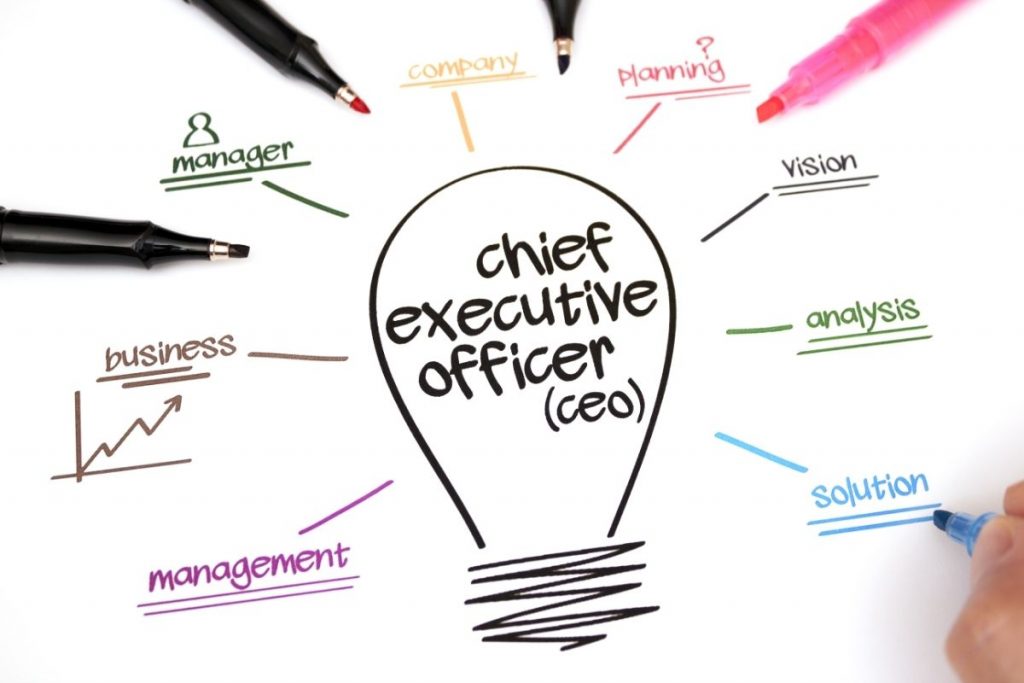
With any job interview, it’s important that you make a great impression. Remember, the likelihood is that you don’t have the power in this situation – they do.
With so many other candidates available when a job becomes vacant, the person in charge has an almost bottomless pit of options at their disposal, so impressing during an interview will put you in great stead for a potential offer.
The question really is, how do you impress during an interview? How can you make the CEO of a company intrigued to hire you specifically?
We’ve created a guide that will assist you in this situation. So, if you’ve got an upcoming interview and the CEO is going to be present – keep these tips in mind!
Table of Contents
What Is A CEO?
CEO stands for Chief Executive Officer. Often, they are the top of the top and run the entire company. Generally, they’re responsible for the everyday running of their company including the big financial choices and the general direction of the firm.
They don’t often deal with the smaller roles of the company, but sometimes they will if there is a problem. For example, a CEO of a chain of restaurants will unlikely cook the food – but they may visit a specific restaurant if the restaurant is losing money regularly or receiving major complaints frequently.
The CEO will also typically have the power to hire and fire, even if they have hired someone else for this role. So, ensuring you’re on their good side is vital for success.
How often you see them will vary depending on the size of the company – but as a rule of thumb, seeing a CEO is usually a sign of big things are about to happen!
Why Would A CEO Interview Me?
As we said, typically a CEO will normally have hired someone for the usual hiring and firing – but sometimes they will want to attend the interview process and get an idea of the types of candidates being interviewed.
This might be due to bad experiences in the past, or the role that is being offered is a major position in the company – making it vital that the company hires the right person immediately. This might be, for example – head of accounts.
As that role will have large amounts of confidential information at disposal and normally the decision on where money should be spent or is being spent – the CEO will almost always attend this interview.
This isn’t always the case though. Sometimes, CEO’s will be at the very end of the interviewing process and will want to see how their staff are doing with the recruitment process and decide whether or not they will want you in the firm.
Impressing The CEO
Now that we’ve established who the CEO is, it’s clear how important it is that they’re impressed with you. You’re likely at the later stages of the process and this can make or break your chances for employment.
So, correct preparation for the interview is key. Consider doing the following steps:
Research The Company And The CEO

Researching the company is an incredibly important and helpful thing to do prior to an interview. Not only will you have an idea as to what the company does, but they sometimes will have information about who the CEO is on their website.
Knowing more about the company, its processes and who is who in the company can help you identify certain people, but also prepares you for certain questions.
It’s typical that a CEO will ask you how much you know about the company. If you can show that you’ve researched the company, you will impress the CEO and show that you’ve taken time out of your free time to look at what they do.
It shows that you’re serious about the role and that you’ve thought about it thoroughly. It will also help you with later questioning!
Researching the CEO is also important if you can. It gives you an idea as to who they are, where they’ve come from, what their likes and dislikes are – all of which are advantageous to know and play to.
A great way to do this is to not only look on the company’s website, but have a look on LinkedIn. It’s normally easy to find the CEO of a business there and see what their previous roles were.
Be Prepared For Other Questions
At any interview, you can expect questioning. Being prepared for the more common questions is key. The more confident you are, the better your answers will be and this will show the CEO that you’ve properly prepared for the interview and you’re the right person for the job.
Common questions involve:
- Can you tell me about yourself?
- What do you enjoy doing in your free time?
- What are you passionate about?
- Why do you want to work here?
- Can you tell me about a challenge you’ve overcome?
- Do you have any questions?
That last one is key. Having a few questions ready to ask the CEO that may not be apparent can impress them as it shows your interest in the company, along with potentially noticing some things that have not been told to you.
The more you know and the more you ask, the better placed with the CEO you will be!
Be Well Rested And Generally Prepared
It’s all well and good being prepared for an interview stage from the above – but perhaps the most important is to arrive at the interview well dressed, well presented, rested, on time and ready to go.
These very basic things will almost always impress the CEO. They have likely seen many car-crash interviews where the candidate has arrived late and unprepared. Don’t be a horror story, be a success story.
Take your notes with you, take your time and be relaxed. Never interrupt when the CEO is talking and don’t waste your words – although small talk will likely be a part of the process – nobody likes a bore!
If the CEO offers you a drink, it’s a good idea to accept it and relax but remain prepared for the next steps.
Summary
If you follow the above tips, you’ll likely impress the CEO and this is always a great idea. A happy CEO is much more likely to offer you employment! Good luck.










Showcasing a deep understanding of the company’s vision and articulating how your skills align with their goals is the key! Great tips!
Demonstrating your passion for the industry and highlighting specific examples of your problem-solving abilities can really make a lasting impression.
Focusing on your unique achievements and how they can contribute to the company’s growth can really leave a positive impact.